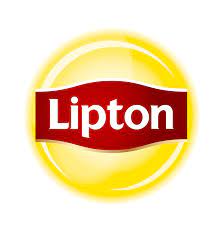
Lipton Tea was founded in 1890 by Sir Thomas Lipton of Scotland.
Lipton used his savings to open a small tea shop. Within just a few years, Lipton owned 200 shops around Scotland.
Shortly after opening his shop, Thomas Lipton began traveling the world for new items to sell. One such item was tea, a rare and expensive luxury at the time. Sales had doubled from £40 million in the late 1870s to £80 million by the mid-1880s.
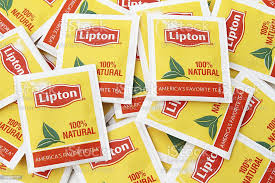
In 1890 Lipton purchased tea gardens in Ceylon, now called Sri Lanka, from where he packaged and sold the first Lipton tea.
He arranged packaging and shipping at the lowest possible cost and sold his tea in packets by the pound, half-pound, and quarter-pound, along with the advertising slogan: “Direct from the tea gardens to the teapot.”
Lipton teas were an immediate success in the United States.
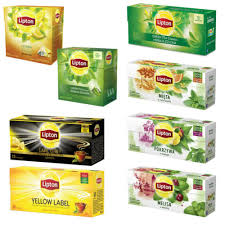
Lipton was acquired by Unilever in 1972.
In 2011, PETA (People for the Ethical Treatment of Animals) criticized Unilever for conducting and funding experiments on rabbits, pigs, and other animals in an attempt to make human health claims about the tea’s ingredients.
According to the animal rights organization, Unilever decided to end the practice of Lipton products after receiving more than 40,000 appeals from PETA supporters and days before PETA made plans to launch its “Lipton CruelTEA” campaign.
Unilever no longer tests their products on animals unless required to by governments as part of their regulatory requirements.
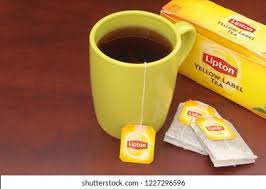
Lipton states that tea, especially green and black teas, supports a healthy immune function.
Lipton maintains a corporate office in New South Wales, Australia.
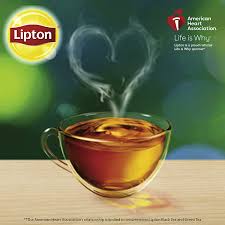

Lipton Tea was founded in 1890 by Sir Thomas Lipton of Scotland.
Lipton used his savings to open a small tea shop. Within just a few years, Lipton owned 200 shops around Scotland.
Shortly after opening his shop, Thomas Lipton began traveling the world for new items to sell. One such item was tea, a rare and expensive luxury at the time. Sales had doubled from £40 million in the late 1870s to £80 million by the mid-1880s.
History

In 1890 Lipton purchased tea gardens in Ceylon, now called Sri Lanka, from where he packaged and sold the first Lipton tea.
He arranged packaging and shipping at the lowest possible cost and sold his tea in packets by the pound, half-pound, and quarter-pound, along with the advertising slogan: “Direct from the tea gardens to the teapot.”
Lipton teas were an immediate success in the United States.

Lipton was acquired by Unilever in 1972.
In 2011, PETA (People for the Ethical Treatment of Animals) criticized Unilever for conducting and funding experiments on rabbits, pigs, and other animals in an attempt to make human health claims about the tea’s ingredients.
According to the animal rights organization, Unilever decided to end the practice of Lipton products after receiving more than 40,000 appeals from PETA supporters and days before PETA made plans to launch its “Lipton CruelTEA” campaign.
Unilever no longer tests their products on animals unless required to by governments as part of their regulatory requirements.

Lipton states that tea, especially green and black teas, supports a healthy immune function.
Lipton maintains a corporate office in New South Wales, Australia.

I recently bought (in a hurry I might add) and grabbed your half lemonade half tea thinking it was going to be half lemonade and half tea. The packaging was half brown and half yellow leading me to believe again it was half tea and half lemonade. Much to my surprise it was tea with lemonade added. You might want to think to change the packaging or indicate that it’s tea with lemonade added. Very misleading!